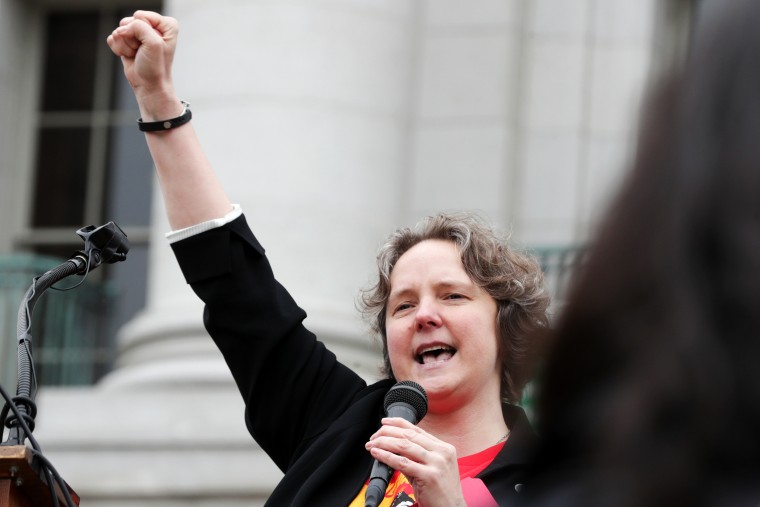In recent years, the proliferation of free cash programs in numerous cities across the globe has sparked a renewed interest in addressing poverty and inequality. These innovative programs have gained momentum as more policymakers and community leaders recognize the urgent need to tackle economic disparities and support vulnerable populations. As cities expand their anti-poverty safety nets, the implementation of free cash programs has emerged as a promising strategy to alleviate financial hardship and promote social equity.
One of the central objectives of free cash programs is to provide immediate assistance to individuals and families facing economic insecurity. By distributing cash directly to those in need, these programs enable recipients to address pressing financial obligations such as rent, utilities, and food expenses. Unlike traditional welfare programs that come with stringent eligibility criteria and restrictions, free cash initiatives offer a more flexible and inclusive approach to poverty alleviation.
Moreover, free cash programs have the potential to stimulate local economies and boost consumer spending. When individuals receive cash transfers, they are more likely to inject money back into their communities through purchasing goods and services. This circulation of funds can have a ripple effect, generating economic activity and creating opportunities for small businesses to thrive. By empowering individuals with financial resources, free cash programs not only support recipients but also contribute to the overall well-being of communities.
Beyond the immediate economic benefits, free cash programs have profound implications for social justice and equity. By prioritizing unconditional cash transfers, these initiatives challenge traditional notions of deservingness and deservingness in social assistance. They recognize the inherent dignity and agency of individuals experiencing poverty, offering a dignified way to address their needs without stigmatization or paternalism. In doing so, free cash programs promote a more compassionate and inclusive approach to social policy that centers on human rights and empowerment.
As the momentum for free cash programs continues to grow, cities are increasingly recognizing the fundamental role of these initiatives in building a more resilient and equitable society. By investing in cash transfer programs, policymakers can not only address immediate financial needs but also lay the groundwork for sustainable poverty reduction and social transformation. As more cities expand their anti-poverty safety nets through innovative approaches like free cash programs, the vision of a more just and inclusive society comes closer to realization.
